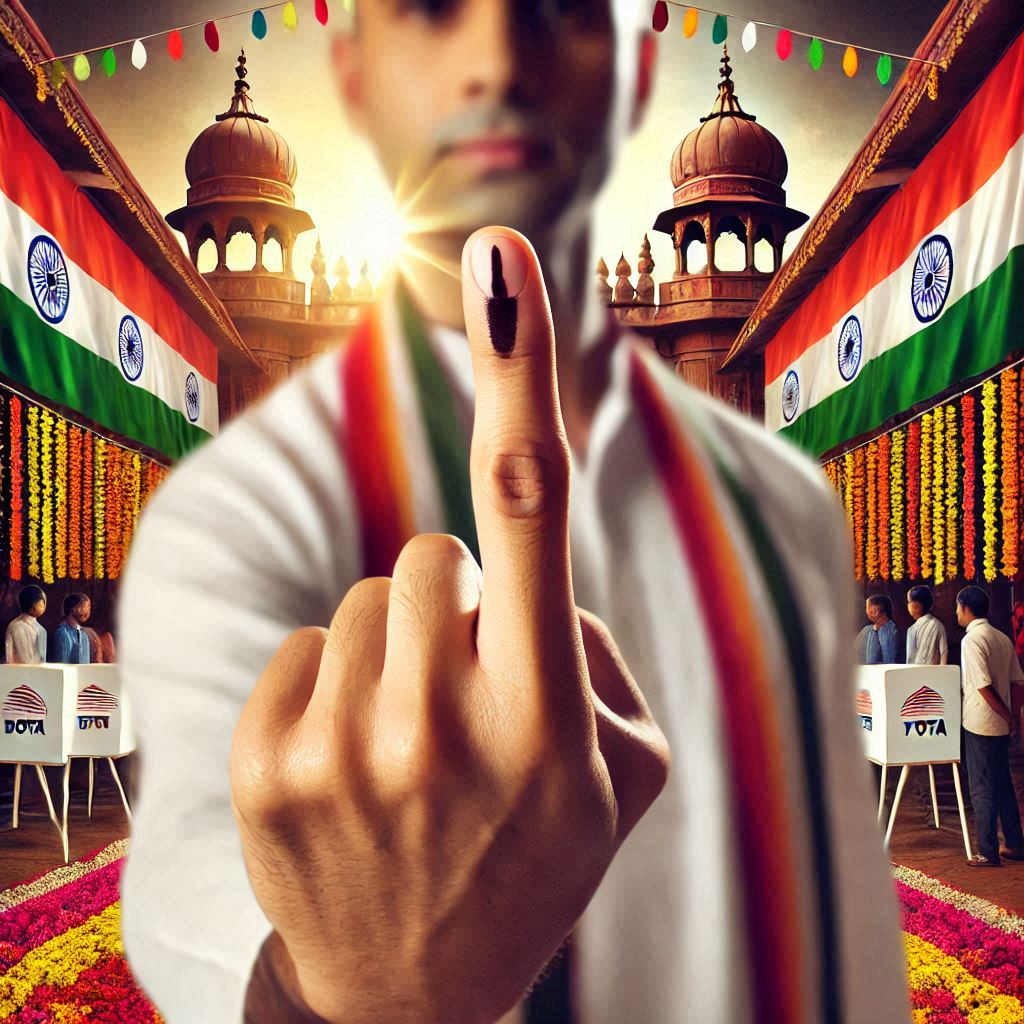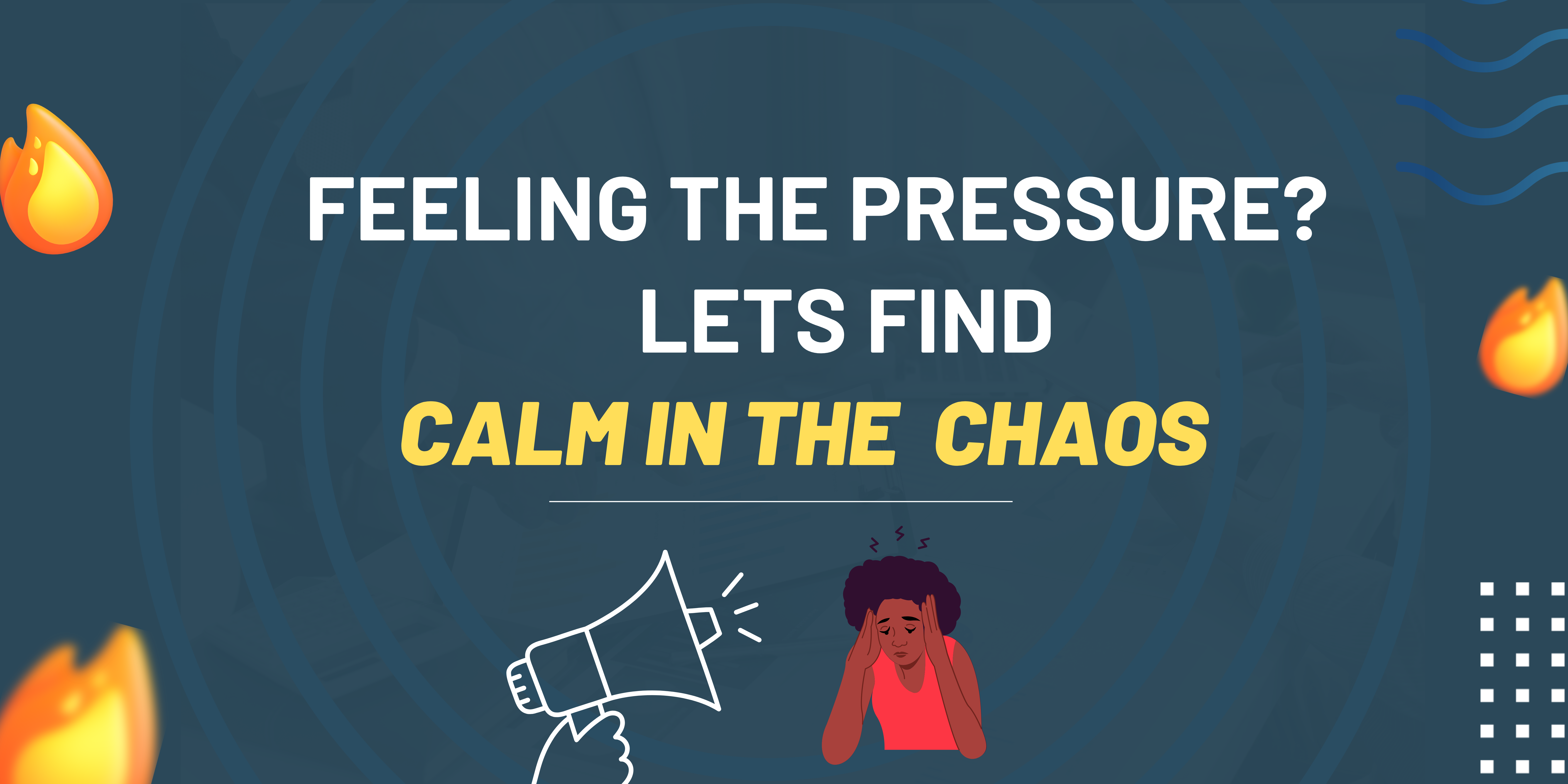In recent years however, advances in cancer care have helped millions worldwide. Yet this is being done at a price. Cancer treatment costs have been ticking up steadily, casting a shadow of unaffordability and inaccessibility. Making this scenario worse is that Russia has announced a promising cancer vaccine due to launch in 2025 .In this post, we look at the increasing cost of cancer care and how Russia’s new vaccine could affect patients and the reality of cancer care.
The Escalating Costs of Cancer Treatment
Rising Expenses: Data and Trends
Cancer care is expensive and increasing. The annual cost of cancer treatment in the U.S. is slated at more than $200 billion according to a report from the American Cancer Society as of 2023.
- Cancer Drugs: New cancer drugs are on average priced at $150,000 a year, with some exceeding $400,000 a year.
- Advanced Therapies: But beyond that, immunotherapy and CAR-T cell therapy are groundbreaking and frequently upwards of $500,000 per patient.
- Supportive Care: Expenses for diagnostic tests, hospitalizations, and palliative care add significantly to the overall burden.
Factors Driving Costs
- Research and Development (R&D): Developing cutting-edge treatments involves high R&D investments, often spanning decades.
- Regulatory Requirements: Extensive clinical trials and approval processes inflate costs.
- Personalized Medicine: Tailoring treatments to individual patients, while effective, is resource-intensive.
Impact on Stakeholders
- Patients: Troublingly, many patients experience financial toxicity and spend precious resources deciding between necessary treatment and other expenses.
- Healthcare Systems: Providers and insurers wrestle to balance costs and access and in turn have disparate levels of care.
- Society: Further, it constrains public health budgets from covering essential needs in other critical areas and may divert health care funds from some programs needed for the support and development of individuals.
Russia’s Cancer Vaccine: A Game Changer?
An Overview of the Vaccine
Russia has announced a novel cancer vaccine set to be available by 2025. Developed at the Gamaleya Research Institute, the vaccine reportedly works by stimulating the immune system to target and destroy cancer cells. Early reports suggest its applicability across multiple cancer types.

Mechanism of Action
The vaccine reportedly works by targeting tumor-specific antigens—proteins unique to cancer cells—activating a robust immune response. Unlike traditional vaccines, which prevent disease, this vaccine aims to treat existing cancer or prevent recurrence.
Evidence and Effectiveness
Initial clinical trials have shown promising results, with:
- Survival Rates: Increased survival rates in early-stage cancer patients.
- Recurrence Prevention: Reduced recurrence rates in certain cancers.
However, critical details about large-scale efficacy, long-term safety, and real-world applications remain sparse.
Controversies and Concerns
- Regulatory Scrutiny: The vaccine has yet to undergo stringent reviews by global regulatory bodies like the FDA or EMA.
- Safety Questions: Critics highlight the need for more extensive trials to assess side effects and risks.
- Ethical Issues: The accelerated timeline raises questions about prioritizing speed over comprehensive validation.
Comparing the Vaccine to Existing Therapies
Established Options

- Chemotherapy and Radiation Therapy: Widely used but often associated with significant side effects and non-specific targeting of cancer cells.
- Immunotherapy: Includes immune checkpoint inhibitors (e.g., pembrolizumab) that revolutionized care but remain prohibitively expensive for many.
- CAR T-cell Therapy: A highly personalized approach showing exceptional results for certain cancers but costing upwards of $350,000 per patient.
Benefits
- Cost-Effective Option: If proven effective, the vaccine could offer a more affordable alternative to expensive treatments.
- Preventative Potential: Unlike most therapies, the vaccine may prevent cancer recurrence, reducing long-term care costs.
Limitations
- Early-Stage Focus: The vaccine’s applicability appears limited to early-stage cancers, leaving advanced-stage patients reliant on existing therapies.
- Unproven Track Record: Unlike well-established treatments, the vaccine’s real-world effectiveness is still unknown.
Broader Implications
The vaccine’s success could complement other therapies, creating a more holistic approach to cancer care. However, it’s unlikely to replace existing treatments entirely, given the complexity of cancer biology.
Recommendations
- For Patients: Stay informed about new treatments and advocate for financial counseling to manage expenses.
- For Healthcare Providers: Invest in cost-effective, evidence-based interventions and collaborate on innovative funding models.
- For Policymakers: Support policies that promote fair pricing, increased research funding, and equitable access to cancer care.
Conclusion
The rising costs of cancer care reflect the complexity of combating this disease but also highlight the need for innovation that balances efficacy with affordability. Russia’s cancer vaccine could be a game-changer, potentially making advanced care more accessible. However, its success will depend on rigorous testing, transparent regulation, and equitable distribution. Addressing the dual challenges of escalating costs and expanding access to novel therapies requires a concerted effort from all stakeholders—patients, providers, and policymakers alike. Together, we can pave the way for a future where cutting-edge cancer care is within reach for all.





